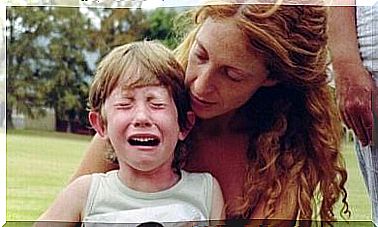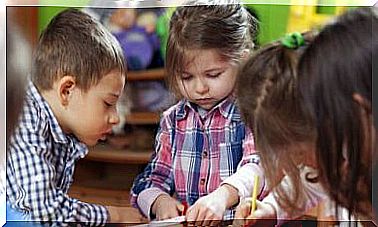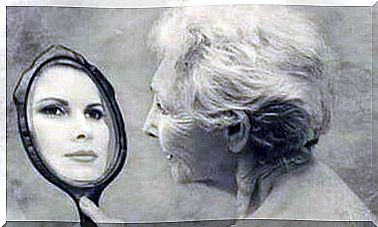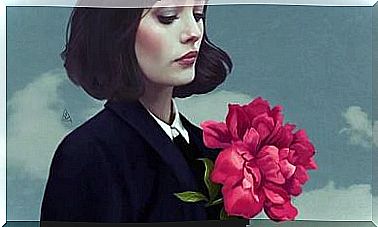Sofja Kovalevskaya: The Biography Of A Bold Mathematician
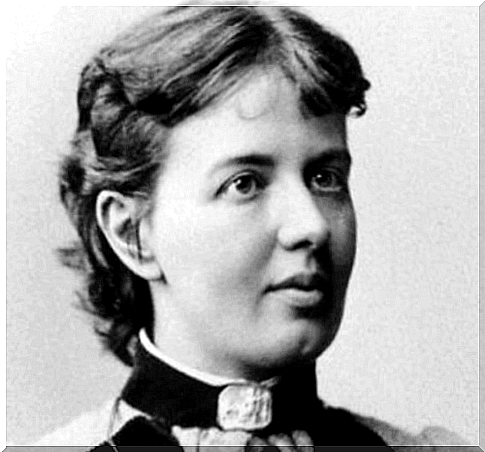
Sofja Kovalevskaya was a remarkable woman for her contributions to the fields of mathematics and physics, as well as for her impressive endurance. She was born in a world where women could not get the education they wanted. They could not even travel without the permission of their fathers or husbands.
The most interesting thing about Sofja Kovalevskaya’s life is precisely the way she navigated through all the boundaries that society imposed on her. She achieved her dreams and worked on her projects despite these boundaries. Sofja was actually the first woman to complete a university education. She was also the first known female university professor.
Without that being her intention, Kovalevskaya became a pioneer in feminism. She showed that determination is an unstoppable force that sometimes helps people achieve what seems impossible.
Sofja Kovalevskaya also penetrated the world of writing in addition to her important discoveries in the scientific field. She dedicated herself to poetry, exposure to science and even contributed to astronomy.

Sofia Kovalevskaya’s childhood
Sofja Kovalevskaya was born into a very special family. From her mother’s side, she was a descendant of the King of Hungary, Matías Corvino. However, his grandfather married a gypsy. As a result, they did not give him the title he was entitled to.
From her father’s side, she had several well-known relatives such as cartographer Friedrich Schubert and astronomer Theodor von Schubert.
Sofja was born on January 15, 1850 in Moscow, Russia. Her older sister was the famous socialist Anna Jaclard. She moved to Belarus with her family when she was very young. Her new home was strongly influenced by scientific knowledge. Two of her uncles and her father gave her a great love of reading and research.
When the family arrived in Belarus, they discovered that a wall in Sofja’s bedroom was missing several pieces of wallpaper. They thus decided to solve the problem by hanging up pages from a random book to cover these gaps. The book was about differential calculus and was chosen at random. The little girl began to study and read the pages with surprise and interest.
A brilliant girl
Although her father hired private tutors to teach Sofja, he was horrified to see how fast her progress was. He was terrified of “wise women.” Therefore , he cut her education. However, the young girl continued to study on her own and learned algebra on her own.
The famous author Fiódor Dostoyevski proposed to Sofja’s sister even though Sofja was very much in love with him. He was her love that she never got.
Both Sofja and her sister knew that the only way to get some kind of freedom was by getting married. At that time, many women entered into “white marriages”; in other words, beneficial marriages.
During that time, it was common to come to an agreement with someone about a formal wedding and then live completely independent after that. Anna, Sofja’s older sister, wanted to do this with the paleontologist Vladimir Kovalevsky. However, he preferred to marry Sofja, who was only 18 years old.
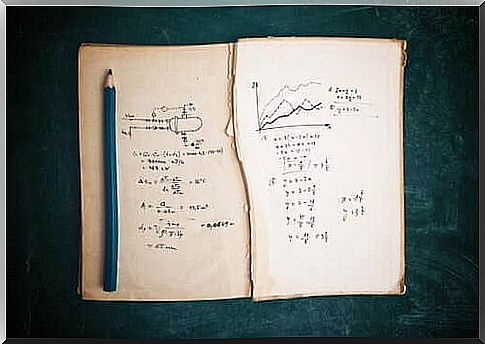
A unique woman
Just as expected, the marriage gave Sofja new opportunities. They first moved to Heidelberg, and then to Berlin.
There she met the famous mathematician and analyst Karl Weierstrass, who did not believe in her talent in the beginning. Realizing how passionate and intelligent she was, he asked her to study at a university. The university did not let her in, so he decided to teach her privately himself.
Thanks to Weierstrass’ support, Sofja graduated with a doctorate. He made it possible for her to present her dissertation without being physically present. Then she embarked on a long journey to find work that would allow her to develop her talents.
Professional life
About ten years after Sofja graduated, her friend Gösta Mittag-Leffler helped her get a position as a professor at Stockholm University.
At that time, Sofja had a daughter and her husband had committed suicide. Her widowhood helped to reduce her opposition to her employment.
She received various awards throughout her life. She was one of the first women to join the Russian Academy of Sciences. She died early at the age of 41 of pneumonia. In tribute to her great contribution, one of the craters of the moon is named after her.
Sofja was one of many glorious female figures that history tried to hide. She is hardly mentioned at school, but her performance was more impressive than most of her time. She was one of the dazzling minds that sometimes appears in the history of mankind.



